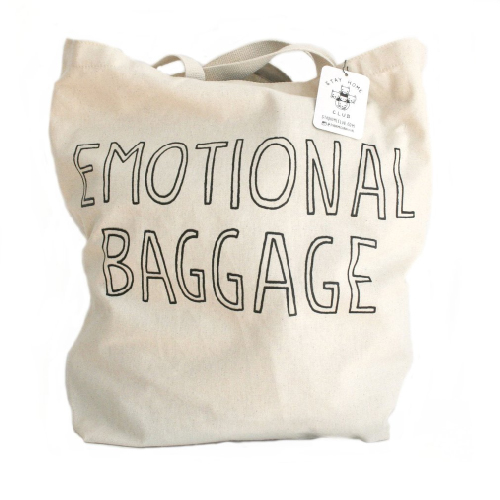
We carry our emotional baggage with us, and that of others as well. In any instance, we are weighted down by the gravitas of the situation without detaching ourselves from the picture and taking decisions motivated by reason as opposed to emotion. The biggest regret for us is to not have done things differently.
In hindsight, we look towards the past with a view of remorse and no matter what people say and try and convince us otherwise, it is extremely difficult to look back and say that was a learning experience. It was a mistake and that is the only way it is looked at. We project our fears into the future. Any shortcomings of the past will remain etched in our minds and prevent us from trying something out.
Emotional baggage is carried over from the past and gets accumulated within. It reflects in our actions in the form of self-doubt and other forms of second-guessing. For us, we seek validation from outside and hence our view of our own self is not through our eyes but through that of someone else’s. We are drowned in thoughts of what others think of us.

This self-dialogue is what is predominant in our baggage. It is sad that we are weighted down by what we think others perceive us to be. We don’t realize that if we seek external satisfaction we will always find someone displeased the more we try to satisfy everyone.
Self-assurance comes with knowing that we may make mistakes but that we will ensure that we have some take away from treating things as a learning experience. Mental balance helps us go a long way as it provides us with a stability that we require to progress.

A student second guessing himself/herself on the ability to perform, a parent having constant doubts regarding the upbringing of the kids, the elderly wondering about their shortcomings- these are all situations that plague us with fleeting thoughts of misery. It is during those times that we need to feel the presence of emotional baggage and realize that consciously we need to detach and see the bigger picture.
So ask yourself what is pulling you down and get rid of that which is not productive or constructive.





